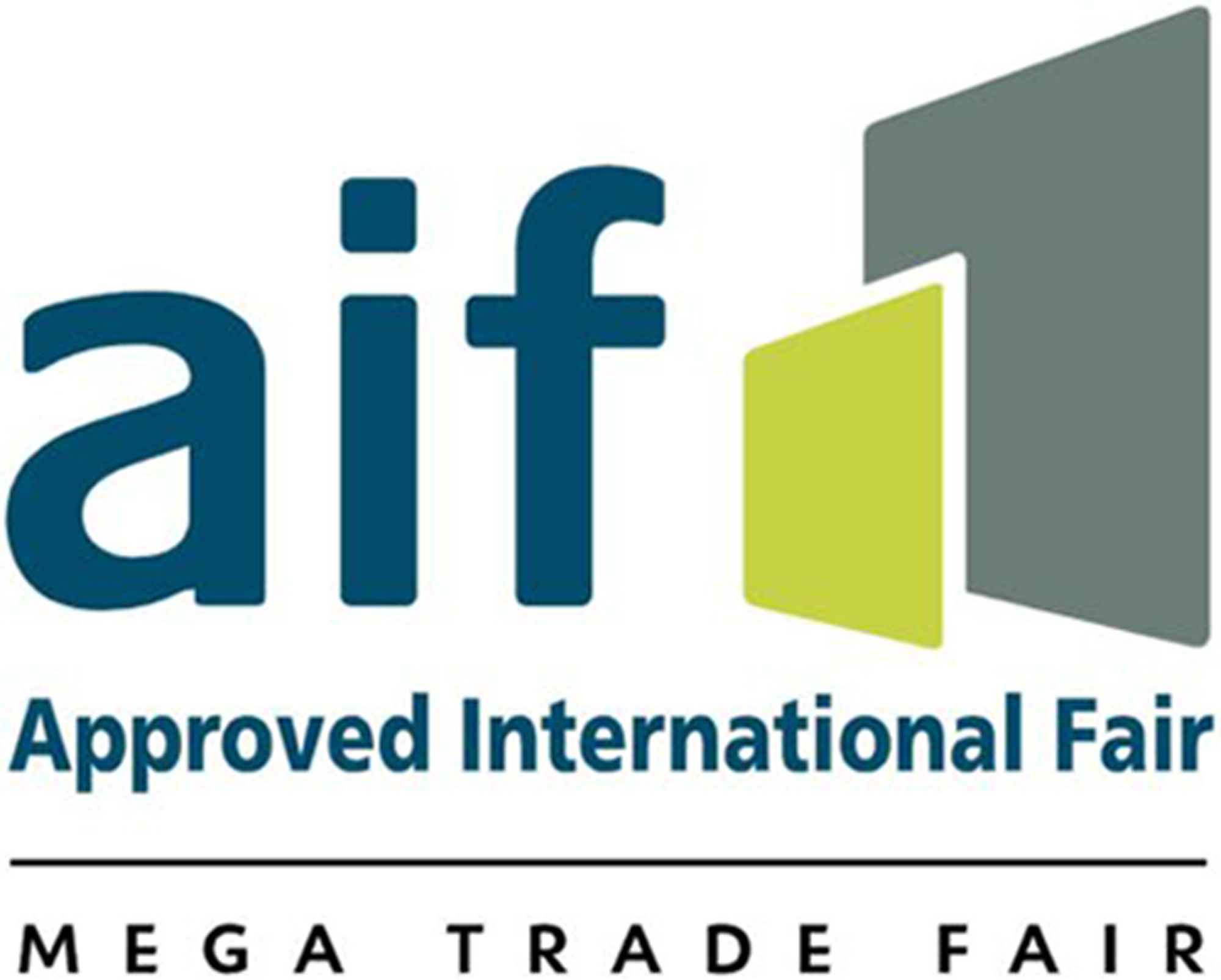Sustainability is increasingly becoming a priority for consumers worldwide. According to a Nielsen study, 73% of global consumers say they would change their consumption habits to reduce their environmental impact.
This shift in consumer behavior highlights the importance of adopting sustainable practices in all industries, especially in hospitality.
In this sector, sustainably sourced products include everything from food and materials to energy sources, which are crucial in reducing the industry’s overall environmental footprint.
Adopting hospitality sustainability practices and knowing what is sustainably sourced is not just a trend; it’s a critical step towards responsible business operations that benefit both people and the planet.
What is Sustainable Sourcing?

Sustainable sourcing refers to the practice of acquiring products and materials in ways that minimize their environmental impact and promote social responsibility.
This concept involves carefully selecting suppliers who adhere to ethical standards, prioritize eco-friendly practices, and consider the long-term effects of their operations.
In hospitality, sustainable supply chain management means choosing ingredients, materials, and services that support local communities and reduce the carbon footprint.
The ultimate goal is to create a sustainable hospitality solution that benefits the business and aligns with global efforts to protect the environment.
Importance of Sustainable Sourcing in Hospitality

Sustainability is more than a buzzword in today’s hospitality industry—it’s a necessity. With growing environmental concerns and a shift towards conscious consumerism, hospitality businesses must adopt sustainable solutions to remain competitive and relevant.
Sustainably sourced practices address environmental challenges and align with customer values, creating long-term benefits for businesses and their communities.
In this section, we explore the impact of sustainable sourcing on customer demand, competitive advantage, certifications, environmental impact, cost savings, and brand image in the hospitality industry, focusing on Southeast Asia’s dynamic market.
1. Customer Demand
Today’s consumers are increasingly conscious of their choices and demand more transparency and responsibility from the brands they support.
Studies indicate customers are willing to pay more for hotels and restaurants that implement eco-friendly hotel practices and demonstrate a genuine commitment to sustainability.
This trend is not limited to luxury establishments but extends across the entire hospitality spectrum, from boutique inns to large international chains.
- Consumer Expectations: Modern travelers expect businesses to go beyond the basics by adopting hospitality sustainability practices that align with global standards. They look for signs that a company is genuinely invested in reducing its environmental footprint, such as using sustainably sourced ingredients or practicing ethical sourcing for hotels.
Example: The Marina Bay Sands in Singapore has taken significant strides to meet these expectations by incorporating energy-efficient technologies and water-saving initiatives. Prioritizing sustainable supply chain management has attracted eco-conscious hotel guests and set a benchmark for other luxury hotels in the region.
2. Competitive Advantage
Adopting sustainable solutions in the highly competitive hospitality market can give businesses a substantial edge.
Implementing environmentally friendly sourcing practices caters to the growing demand for green solutions and distinguishes a business as a forward-thinking and socially responsible brand.
This competitive advantage is key in attracting a customer base that values sustainability in their travel experience.
Example: Resorts in Bali resorts like Bambu Indah have successfully leveraged their commitment to sustainably sourced products to attract eco-conscious travelers worldwide.
Their emphasis on using locally sourced materials and organic produce has positioned them as leaders in sustainability, providing a unique selling point in an increasingly crowded tourism market.
This approach sets them apart from competitors and boosts their appeal to tourists seeking genuine eco-friendly hotel practices.
3. Sustainability Certifications
Achieving recognized certifications in sustainability is one of the most effective ways for hospitality businesses to prove their commitment to ethical sourcing for hotels.
Certifications such as Fair Trade, Rainforest Alliance, and LEED (Leadership in Energy and Environmental Design) are credible markers that a business adheres to the highest environmental and social responsibility standards.
- Benefits of Certifications: These certifications help guests quickly identify which hotels and restaurants practice sustainable supply chain management. They guarantee that the business is reducing its environmental impact and supporting fair labor practices, which is increasingly important to today’s informed consumers.
Example: In Singapore, hospitality businesses like the PARKROYAL Collection have earned LEED certifications by integrating energy-efficient designs and sustainable building materials into their operations. This develops their brand reputation and resonates with environmentally-conscious guests looking for sustainable hospitality solutions.
4. Environmental Impact
One of the most significant benefits of adopting sustainably sourced practices in hospitality is reducing the industry’s overall environmental impact.
By focusing on minimizing waste, reducing energy consumption, and lowering carbon footprints, hotels and restaurants can make a substantial contribution to preserving natural resources.
- Waste Reduction Initiatives: Implementing a zero-waste policy and recycling programs can drastically reduce the waste generated by hospitality businesses. This aligns perfectly with environmentally friendly sourcing initiatives, ensuring that all operations contribute positively to the environment.
Example: The PARKROYAL Collection Marina Bay in Singapore is widely recognized for its green initiatives, including a zero-waste policy, efficient waste management systems, and renewable energy sources. These efforts align with hospitality sustainable practices and set a high standard for eco-friendly operations within the region.
5. Cost Savings
While the initial investment in sustainable supply chain management can be higher, the long-term financial benefits are substantial.
Businesses can significantly lower operational costs over time by reducing energy consumption, optimizing waste management, and choosing durable, eco-friendly materials.
- Energy Efficiency: Investing in renewable energy sources and energy-efficient appliances can lead to significant cost savings in the long run. Hotels prioritizing eco-friendly hotel practices often see reduced utility bills and maintenance costs, contributing to their bottom line.
Example: The Datai Langkawi in Malaysia has implemented solar energy systems and sustainable water management practices, leading to considerable reductions in utility expenses. Its commitment to sustainably sourced initiatives supports the environment and improves its reputation as a leader in sustainable hospitality solutions.
6. Brand Image
Aligning with hospitality sustainability practices can significantly enhance a brand’s image, making it more appealing to modern consumers who value sustainability and social responsibility.
Businesses that actively practice ethical sourcing for hotels often see a boost in customer loyalty, positive reviews, and word-of-mouth recommendations.
- Consumer Loyalty: Guests are more likely to return to establishments that share their values, particularly regarding sustainability. Companies that are transparent about their sustainable supply chain management often earn greater trust and respect from their clientele.
Example: Six Senses Resorts, with properties across Southeast Asia, has built its brand around sustainability and wellness principles. Their transparent commitment to sustainable hospitality solutions has increased customer loyalty and positioned them as a preferred choice for travelers seeking eco-conscious accommodations.
Challenges in Implementing Sustainable Sourcing

1. Supply Chain Transparency
Ensuring that every product, service, and equipment used in the hospitality industry is ethically sourced can be a complex challenge.
Many suppliers might claim to follow sustainable practices without adhering to strict standards, making it difficult for businesses to verify their claims.
For this reason, supplier audits and certifications become essential tools in maintaining sustainable supply chain management.
2. Cost Considerations
The shift to sustainable hospitality solutions often involves higher upfront costs due to the premium price of eco-friendly products and investments in new technologies.
This can be a barrier for smaller businesses in Southeast Asia, limiting their ability to adopt comprehensive hospitality sustainability practices without significant financial support.
3. Lack of Awareness
Despite growing awareness, many hospitality businesses still need to learn about the tangible benefits of sustainable sourcing. There’s a misconception that sustainably sourced products are more expensive and do not offer immediate returns.
However, educating these businesses on the long-term benefits, such as cost savings, improved brand reputation, and customer loyalty, is crucial to increasing adoption rates.
Best Practices for Sustainable Sourcing in Hospitality

1. Local and Organic Sourcing
Sourcing local and organic ingredients is one of the most effective ways to reduce the hospitality industry’s carbon footprint. By supporting local farmers and suppliers, hotels and restaurants promote regional economies and reduce transportation’s environmental impact.
- Example: The Alila Villas Uluwatu in Bali uses only locally sourced produce in its restaurants, minimizing food miles and supporting local communities. This approach has become a model for other resorts aiming to implement organic sourcing for restaurants.
2. Sustainable Packaging
Reducing plastic usage through sustainable packaging is essential in minimizing waste in the hospitality sector. Many Southeast Asian hotels have adopted alternatives like biodegradable packaging, reusable containers, and minimalistic designs that are functional and eco-friendly.
3. Seasonal Menus
Promoting seasonal menus based on locally available ingredients ensures fresher and healthier options for guests and reduces the environmental impact of transporting non-seasonal items from distant locations.
- Example: Singapore’s Open Farm Community restaurant creates its menu around locally sourced, seasonal produce, reducing its dependence on imports and showcasing the region’s flavors while supporting sustainable agriculture.
4. Supplier Audits
Regular supplier audits are a critical practice in sustainable supply chain management. These audits help verify that partners comply with the business’s sustainability standards, ensuring that all materials and products meet ethical and environmental guidelines.
Conclusion
Sustainable sourcing is no longer just an option but a necessity in the modern hospitality industry.
Understanding what is sustainably sourced and its impact on business operations can significantly improve a brand’s reputation, drive customer loyalty, and contribute to long-term cost savings.
By adopting eco-friendly hotel practices and implementing sustainable hospitality solutions, businesses can not only meet the growing demands of environmentally conscious travelers but also set themselves apart in a competitive market.
As more companies in Singapore and Southeast Asia include hospitality sustainability practices, the region can create a more sustainable and responsible global hospitality industry.















